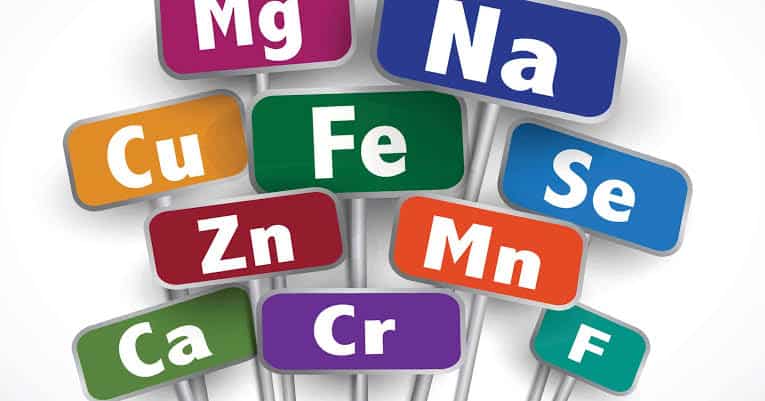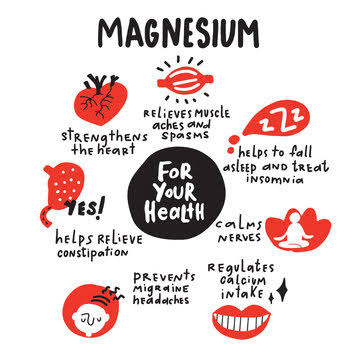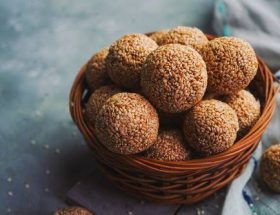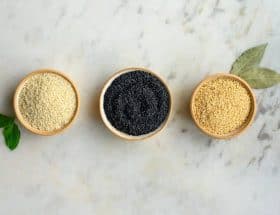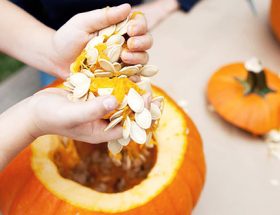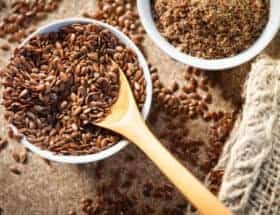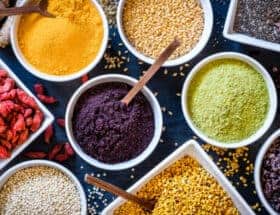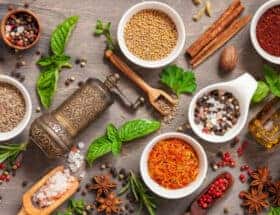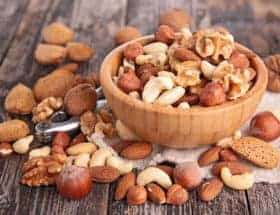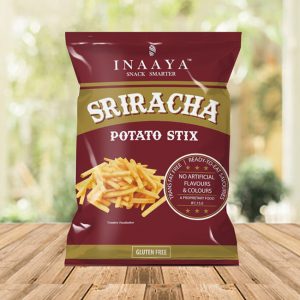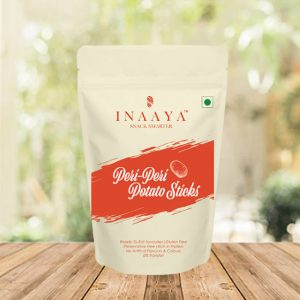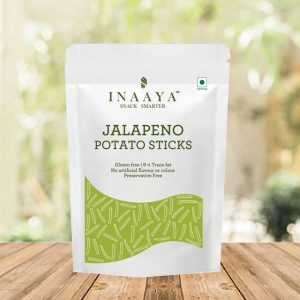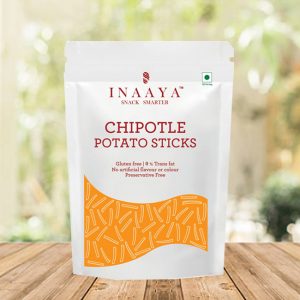We already know that pumpkin Seeds are mini reservoirs of nutrition. Pumpkin seeds nutritional value creates a long list of benefits of eating pumpkin seeds. Here, in this article, you would not only know about pumpkin seeds nutrition data but also the role played by these nutrients in polishing the benefits of eating pumpkin seeds. Since these seeds do not fall under the category of trendy food items, they become less popular, especially among the youth. Therefore, this article makes a small effort to bring out the significance of pumpkin seeds nutritional value and the role of pumpkin seeds nutrition to create awareness and update your learning so that you could yourself answer the question ‘Are pumpkin seeds good for health?’
Pumpkin Seeds Nutritional Value:
1. Shelled pumpkin seeds nutritional value (1 ounce or 28 grams contains):
Calories 151
Fibre 1.7 g
Carbs 5 g
Protein 7 g
Fat 13 g
Vitamin K 18%
Phosphorus 33%
Manganese 42%
Magnesium 37%
Iron 23%
Zinc 14%
Copper 19%
2. Unshelled pumpkin seeds nutritional value (1 ounce or 28 grams contains):
Calories 170
Fat 13 g
Protein 9 g
Fibre 2 g
Calcium 2%
Iron 15%
Carbs 4 g
3. Shelled roasted-salted pumpkin seeds nutritional value (1 ounce or 28 grams contains):
Calories 163
Carbs 4.2 g
Fat 14 g
Sodium 72.6 mg
Fibre 1.8 g
Protein 8 g
Potassium 6%
Calcium 1%
Magnesium 38%
Iron 12%
4. In-shell salted-roasted pumpkin seeds nutritional value (1 ounce or 28 grams contains):
Calories 137
Fat 11 g
Carbs 3.4 g (including fibre 2.5 g)
Protein 7 g
Iron 12%
Calcium 20 mg
Potassium 240 mg
Sodium 75 mg
*percentages are based on a general dosage of 2000 calories a day.
Role of Pumpkin Seeds Nutrition:
1. Carbohydrates in pumpkin seeds nutrition:
• Carbs break down into glucose, which acts as a primary fuel for the body, especially the brain.
• Provides intense energy to the body to run for the whole day.
• Increase the production of serotonin-a mood-boosting chemical.
• Having ‘slow release’ carbs burns fat faster, as, these do not spike the sugar level in the blood, which happens in case of refined carbs.
• Complex carbohydrates balance the functions of the nervous system and reducing stress and anxiety.
2. Dietary fibre in pumpkin seeds nutrition:
• Benefits of eating pumpkin seeds are enormous, and the rich amount of dietary fibre is the most vital among these benefits. The fibre in pumpkin seeds helps to maintain a proper bowel movement and keeps the gut bacteria healthy.
• Soluble fibre, one of the essential parts of pumpkin seeds nutritional value, enables slow absorption of sugar, thus, maintaining blood sugar levels in Diabetics.
• Benefits of eating pumpkin seeds include saturation of the body with healthy fibre, which not only reduces bad cholesterol but also slows down the movement of food throughout the intestine, thus reducing appetite and weight.
3. Protein in pumpkin seeds nutrition:
• A significant nutrient, protein, holds a place in pumpkin seeds nutritional value. These are vital for muscle building and repair.
• Protein is essential for the formation of digestive enzymes, cells and chemical compounds in the body.
• Having pumpkin seeds in breakfast is a fantastic way to fill your body with protein, which avoids unnecessary cravings for the whole day and reduces late-night snacking. Hence, such controlled hunger levels are the best to prevent weight gain.
4. Healthy fat in pumpkin seeds nutrition:
• Pumpkin seeds nutritional value comprises a large portion of healthy fat, which gives a healthy heart by reducing lipoproteins and triglycerides and increasing HDL cholesterol in the body.
• Healthy fat helps in improving insulin sensitivity, thereby, turns out to be diabetic friendly.
• Dietary fat in pumpkin seeds avoid plaque build-up in arteries, thus, enables smooth flow of blood and lowers blood pressure.
5. Calcium in pumpkin seeds nutrition:
• Presence of calcium adds on to the benefits of eating pumpkin seeds. This nutrient is fundamental for building and strengthening bones.
• Consuming these seeds help to inject calcium, which protects the cartilage and avoids arthritis and joint pains.
• Not only bones, but the heart, muscles and the nervous system also requires calcium for smooth and normal functioning.
6. Potassium in pumpkin seeds nutrition:
• Potassium, an integral component of pumpkin seeds nutritional value, is very well understood by hypertension patients, as, it holds the responsibility of sodium absorption, thus, lowering high blood pressure.
• It balances the body fluids, water retention, nerve signals, pH, digestion and muscle contraction.
• Potassium, an electrolyte, transmits electrical impulses throughout the body, thereby, enhancing better body performance.
7. Iron in pumpkin seeds nutrition:
• Iron, a common nutrient, helps avoid problems like anaemia, low immunity, fatigue, etc.
• The fundamental role of iron is to produce haemoglobin, which helps to transfer oxygen to the blood.
• Adding pumpkin seeds in your diet is one of the best ways to fill the iron gap in the body, as it reduces bruising and improves concentration and attentiveness.
8. Zinc in pumpkin seeds nutrition:
• Zinc, a significant trace element, is required for a healthy body and makes the benefits of eating pumpkin seeds heavier by activating around 300 enzymes in the body.
• Zinc is involved in almost all the body functions, whether it be digestion, metabolism, immunity, cell formation, nervous function or fertility.
• Pumpkin seeds are significant keepers of zinc and should be included in regular meals to provide your body with a healthy kick start.
9. Magnesium in pumpkin seeds nutrition:
• Although magnesium is a less popular nutrient, the benefits of it are quite surprising. It is involved in several biochemical reactions inside the body.
• Magnesium is a principal element responsible for creating energy by converting food, protein through amino acids, DNA and RNA.
• Magnesium boost muscle movement and body performance, as, it transmits messages between the brain and nervous system.
10. Phosphorus in pumpkin seeds nutrition:
• Hardly have we considered the abundance or deficiency of phosphorus, but after knowing the benefits of this nutrient, the scenario wouldn’t be the same. Phosphorus is the essence of a healthy body, as, it keeps a check on how the body uses carbs and fat.
• This nutrient looks after the growth, repair and maintenance of cells and tissues.
• Phosphorus makes the use of B vitamins, vitamin D, and other mineral contents for the growth and development of a healthy body.
11. Manganese in pumpkin seeds nutrition:
• Manganese holds a large percentage in pumpkin seeds nutritional profile. This nutrient, in combination with other nutrients, helps in improving bone health.
• Presence of manganese adds to the benefits of eating pumpkin seeds, as it is a rich antioxidant which fights free radicals and reduces the risk of diseases.
• Manganese assists the pancreas in producing insulin. Thus, it is a boon for diabetic patients.
• This trace mineral works with vitamin K and aids blood clotting. Hence, manganese is essential for the repair and maintenance of cells and tissues.
12. Copper in pumpkin seeds nutrition:
• Apart from holding antioxidant and anti-inflammatory properties, copper acts as a helping hand in maintaining cardiovascular health.
• Copper is a vital nutrient among pumpkin seeds nutrition. It protects bone density, boosts the immune system and promotes brain health.
• Copper increases the formation of red blood cells in the body, which again adds to the benefits of eating pumpkin seeds.
13. Vitamin K in pumpkin seeds nutrition:
• Although vitamin K is not very popular among nutrients, this does not make it less significant. Vitamin K produces various types of protein which is directly involved in blood clotting and bone metabolism.
• Studies have shown that the rich amount of vitamin K in blood level improves the episodic memory performance in older adults.
• Vitamin K prevents minerals build-up in arteries (mineralization), which often occurs with age and results in heart disease.
You have now reached the end of all the essential learnings about pumpkin seeds nutritional value. These facts would help you understand pumpkin seeds nutrition and the benefits of eating pumpkin seeds in an improved way. Now, answer to ‘Are pumpkin seeds good for health?’ and dig into the goodness of these tasteful seeds.

